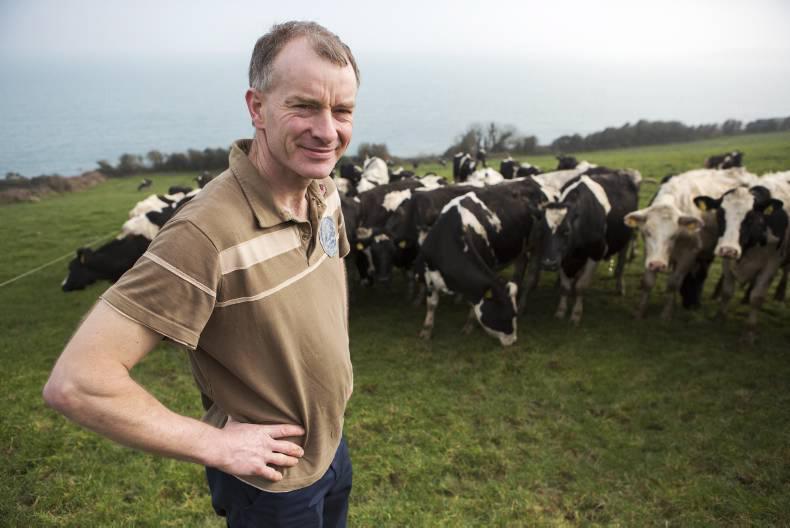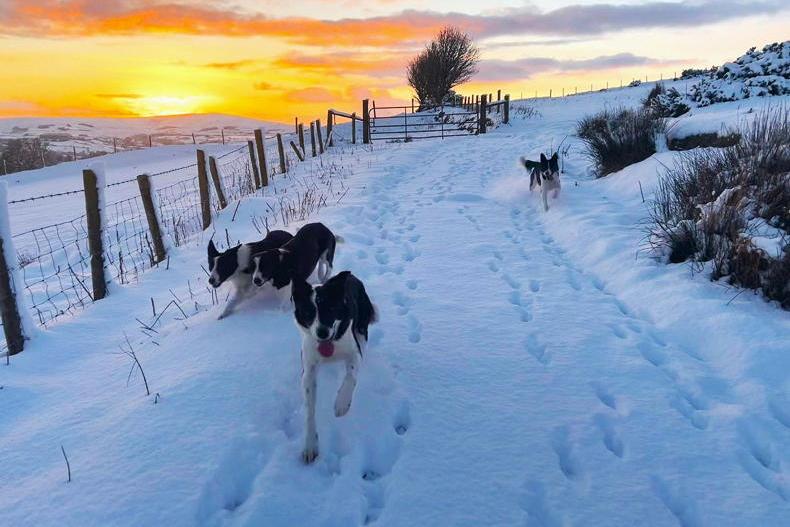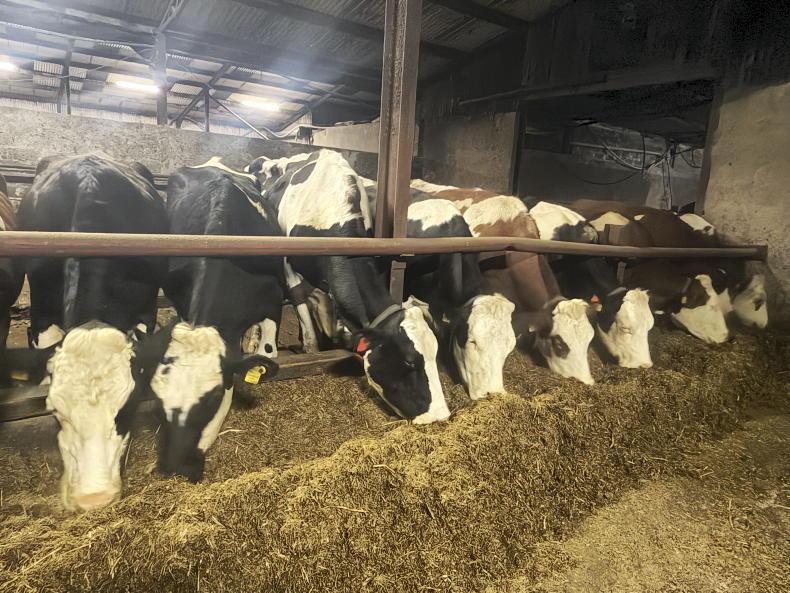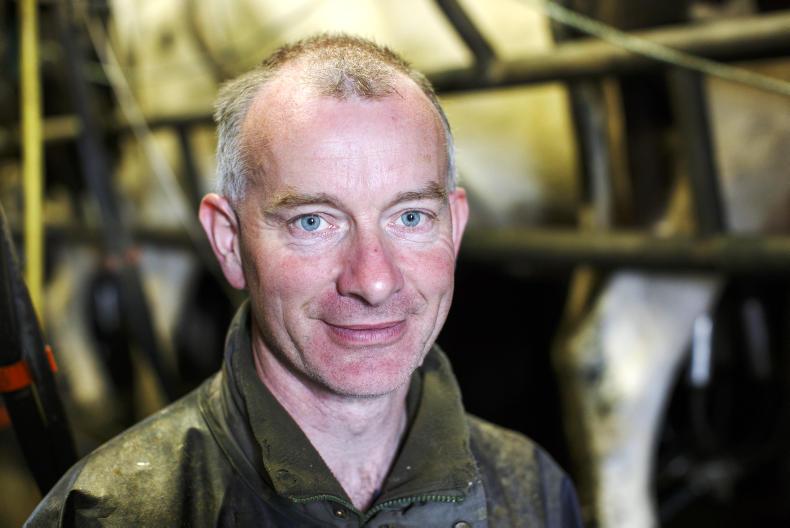I built a new milking parlour in 2001. It was at a time when the whole country was full of builders and people who wanted to be builders. I was showing a non farming neighbour around the shed which also included cubicles and slatted tanks. He stopped and looked at one 9” mass concrete wall and asked if I considered putting in lintels during construction. It would make it easy to convert to apartments if the farming didn’t work out!
Whatever the likes of Dermot Bannon of RTÉ's Room to Improve would make of an old slate roofed barn, I think corrugated steel, mass concrete walls, railway rails, sloping floors and a milking pit would be some challenge.
It has been a fantastic week for Irish dairy farming. Every radio and TV station, plus every newspaper and online site was covering the removal of the 31 year old quota regime.
It was intriguing to see the number of new found dairy experts that had never milked a cow in their lives or maybe had never even worn wellies. It was similar to how we all were suddenly expected to be sharks on the stockmarket, or building developers just a few short years ago. Everyone had an opinion on whether dairying was the only show in town or else it was only a bubble on a glass of milk.
There were several finance gurus explaining how expensive an investment it was. All stuff farmers know only too well, but it was useful to let the public know about the costs of setting up an enterprise. Between land, stock, buildings and machinery, farming is a capital intensive business.
An Taisce and other environmental NGOs also got in on the financial commentary. Making threats about potential EU fines on the Irish taxpayer as a result of flawed carbon targets is a clear continuation of their attempts to turn the public against farming. I know some of those commenting were involved with the political process that agreed the GHG reductions for 2020 back in 2008. It should be noted that An Taisce recommends Ireland needs “a steady transition away from livestock agriculture" to meet those targets.
Getting into farming, and especially dairy farming, takes commitment financially and environmentally. It is a long term investment.
It is the kind of lift that rural Ireland needs with local employment from a home grown industry. Profitable farming has always been good for Ireland even if it had been sidelined during what turned out to be the short lived Celtic Tiger years.










SHARING OPTIONS